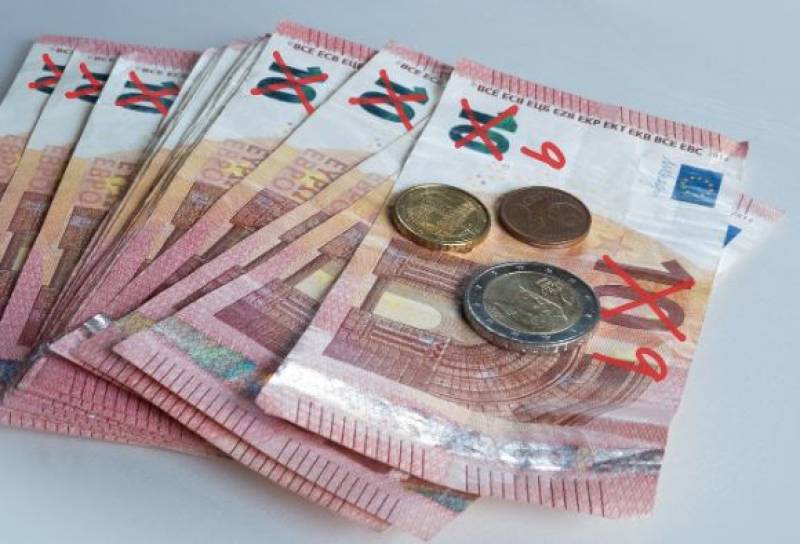Date Published: 30/10/2024
Spanish inflation jumps back up to 1.8% in October
ARCHIVED ARTICLE -
Prices in Spain have sadly rebounded thanks to the increased cost of gas, electricity and fuel
After falling to
its lowest rate in more than three years back in September, inflation in Spain has unfortunately solidly rebounded this month, climbing from 1.5% to 1.8%. While this jump coincides with the government’s decision to partially withdraw the VAT reduction on certain food items, the experts attribute the inflation rise more to the cost of petrol and diesel and, to a lesser extent, the price of electricity and gas.
Nevertheless, the cost of food and non-alcoholic beverages actually did rise by 1.8%, while alcoholic beverage prices jumped 3.5%. Restaurants and hotels saw the highest price rise in October, with 4.7%. Transportation prices, on the other hand, dropped by 3.9%.
Not only were these skyrocketing prices expected, but ECB President Christine Lagarde has warned that consumer costs are likely to keep growing between now and the end of the year.
The monthly inflation rate was 0.6% in October, and the annual inflation rate remains below 2%, which is the target set by the European Central Bank (ECB). However, core inflation, which excludes volatile fresh food and energy prices, rose to 2.5% year-on-year, up from 2.4% in September.
The definite stand-out this month is the cost of petrol and diesel, which will set drivers back 1.50 euros per litre and 1.39 euros at the pumps, respectively, with both increases putting an end to weeks of falls.
VAT increase
It remains to be seen how the acceleration in prices has been affected by the behaviour of food products following
the partial withdrawal of the VAT bonus. Since October 1, the tax on basic products such as olive oil, milk, bread, eggs, cheese, fruit, vegetables, legumes, cereals and flour has gone from 0% to 2%, while the tax rate on pasta and seed oils has increased from 5% to 7.5%.
We will have to wait a fortnight to find out the exact inflation data for food, after they recorded an interannual rate of 1.8% in September, their lowest level since October 2021. Consumer associations Asufin and Facua point out that the price increase would have been noticed above all in bananas, potatoes, grapes and lentils.
The Minister of Economy, Carlos Cuerpo, has welcomed the fact that inflation remains below 2% in a context of economic growth. GDP grew by 0.8% in the third quarter, according to provisional data released this Wednesday October 30 by the INE.
“Spain continues to make the greatest economic growth among developed economies compatible with inflation that has moderated significantly in recent months. This is allowing the excellent macro data to be transferred to the micro situation, to the day-to-day life of our families and our companies,” said Cuerpo.
article_detail

|














